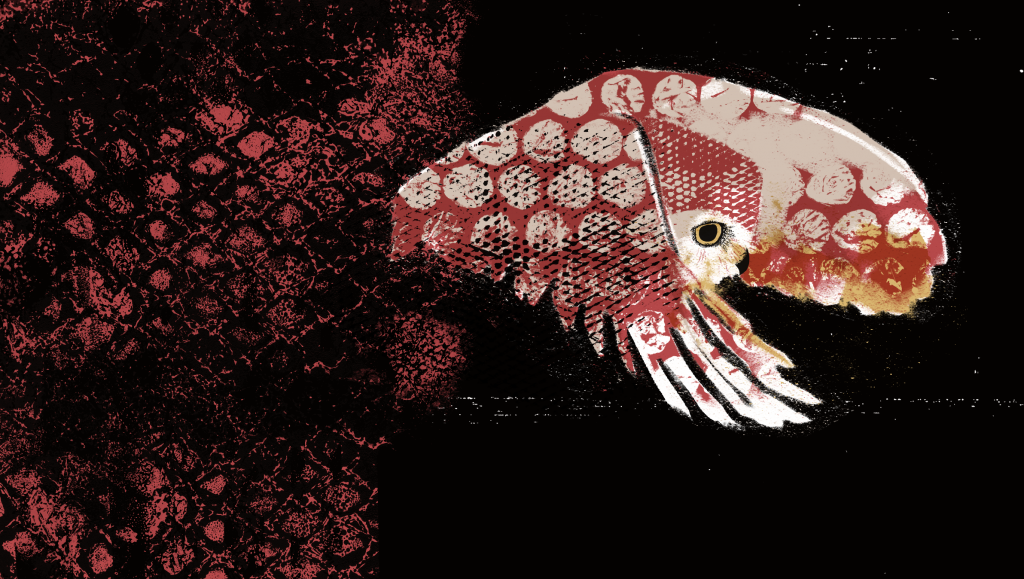[/et_pb_column]
Marine Protected Areas are important for the conservation of aquatic ecosystems. These designated zones are actively managed to ensure protection of aquatic systems and species. One of the unintended consequences of such an ‘exclusive’ design is an unnaturally high concentration of animals within a specified area. Such a scenario is undoubtedly a success from wildlife abundance point of view. However, these high abundances can lead to habitat degradation and changes in key interactions between species’ and their ecosystem. The long term sustainability of such an ecosystem is therefore questionable.
Christianen and colleagues from the Netherlands, working around Derawan Island, a Marine Protected Area in Indonesia, studied how intense grazing by protected green turtles affected the ability of seagrass meadows to recover from such a grazing regime. From 2008-2011, green turtle density had increased to 20 individuals per hectare; the highest recorded globally. As a result, the turtles started using a previously undescribed feeding strategy consisting of digging underground for rhizomes and roots. Such a destructive approach led to a decline in the percentage of area covered by seagrass, increased erosion and caused a decline in seagrass regrowth over time. Below-ground grazing was found to impede the ability of the seagrass meadow to regenerate. The authors concluded that sustained grazing by such high densities of turtles could result in a system devoid of seagrass; thus threatening green turtle survival.
Do these results represent a success story for conservation or do they hint at an imminent collapse of an ecosystem? While increasing animal numbers is an indicator of success of conservation initiatives, we need to better understand the implications of such “successes” for the ecosystem. Perhaps we need to re-think the design and purpose of Marine Protected Areas. Food for thought, or have the turtles eaten it all?
Christianen, Marjolijn JA, Peter MJ Herman, Tjeerd J. Bouma, Leon PM Lamers, Marieke M. van Katwijk, Tjisse van der Heide, Peter J. Mumby et al. “Habitat collapse due to overgrazing threatens turtle conservation in marine protected areas.” Proceedings of the Royal Society B: Biological Sciences 281, no. 1777 (2014): 20132890.
Aparna Lal is a Post Doctoral Fellow in Infectious Disease Modelling, National Centre for Epidemiology and Population Health, Australian National University Canberra, aparnal49@gmail.com.
[/et_pb_text][/et_pb_column][/et_pb_column][/et_pb_row][/et_pb_section]





